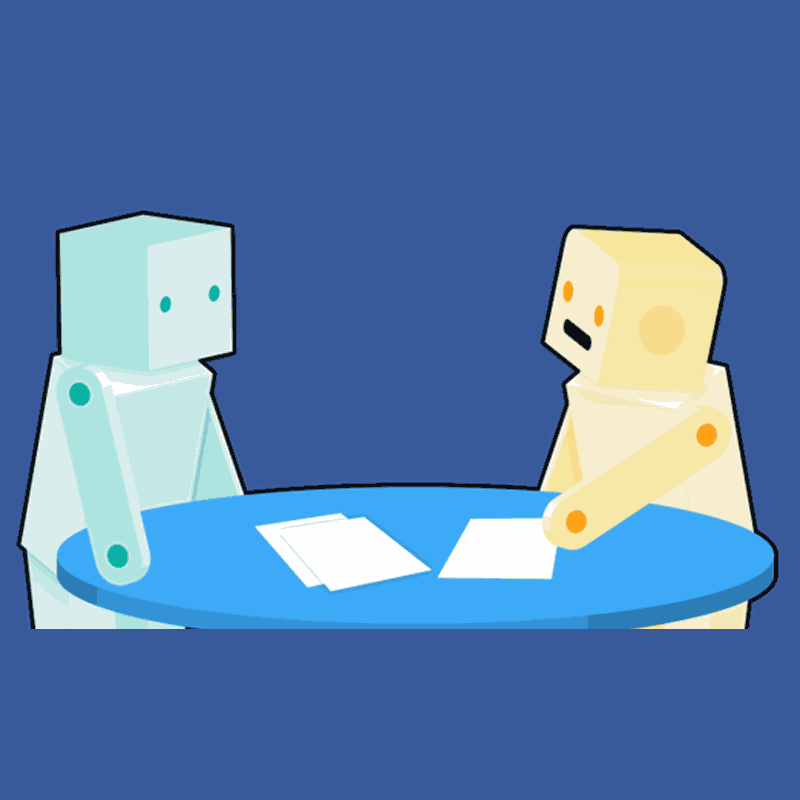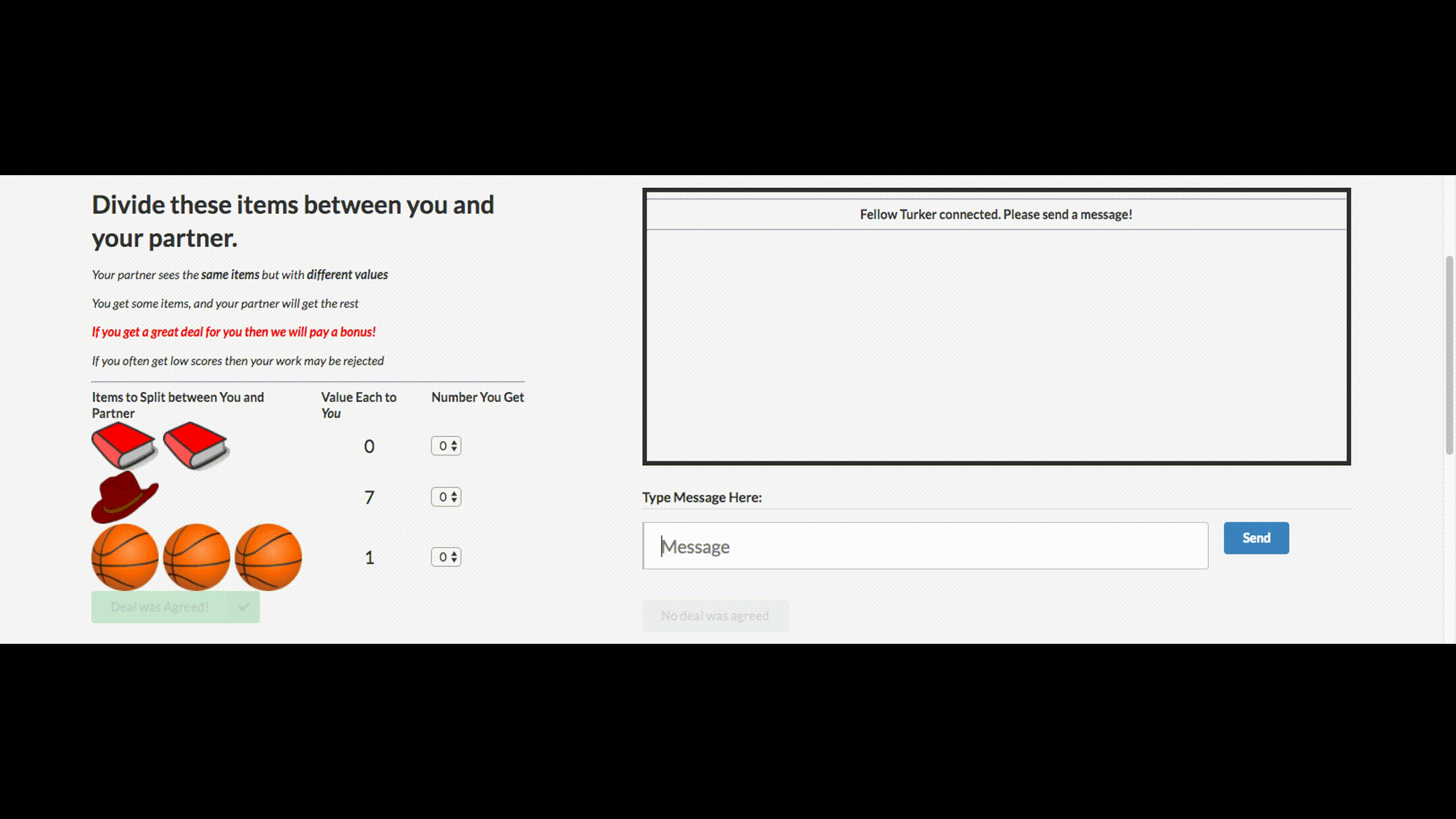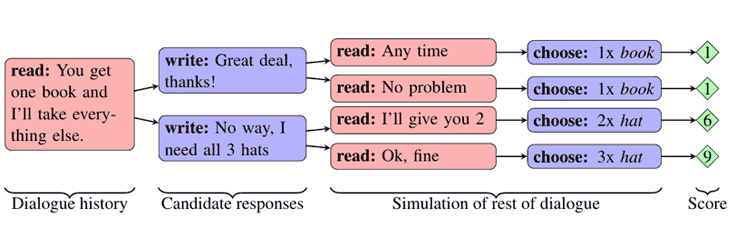
Facebook Artificial Intelligence Researchers (FAIR) is a division at the social media company that tries to understand and develop systems using machine learning and artificial intelligence.
"Our research covers the full spectrum of topics related to AI, and to deriving knowledge from data: theory, algorithms, applications, software infrastructure and hardware infrastructure. Long-term objectives of understanding intelligence and building intelligent machines are bold and ambitious," said Facebook on its FAIR page.
To make AI better, Facebook acknowledges that the process "can’t be done in isolation."
Chatbots can hold short conversation and perform simple tasks such as booking a restaurant. In order to build bots that can hold longer and more meaningful conversation, researchers are challenged because it requires the bot to combine its understanding of the conversation with its knowledge of the world, and then produce a new sentence that helps it achieve its goals.
To do this, the researchers at FAIR use machine learning algorithms to improve Facebook's chatbots. Known as "dialog agents", they were meant to be the replacements for humans in negotiations.
To start the conversation, the researchers dreamed up an imaginary negotiation scenario. Humans on Amazon's Mechanical Turk were given an explicit value function and told to negotiate in natural language to maximize reward by splitting up a pot of random objects: five books, three hats and two balls.
The game was limited to ten rounds of dialog, with rules that stated that nobody would receive any reward if that limit was exceeded.
Because each agent had distinct hidden preferences, the two had to engage in dialog to sort out which objects should be given to which agent. Over the course of the interactions, the bots naturally adopted many common negotiation tactics found in humans.

The bots turned to be smart and efficient in picking up on human behavior, to even copied it several times. For example, the bots would often pretend to be interested in something valueless and then, accept to let go as a "compromise" in order to get to what they really wanted in the first place.
This is explained in the larger point of the report, saying that the bots can be pretty good negotiators.
But since the researchers left the bots to converse freely in an attempt to improve their conversational and negotiating skills. Over time, to become even better negotiators, the bots began to learn a few more things and started to go off the scripted norm.
Unexpected by the researchers, the dialog agents designed their own language, and continue the conversation in the new language - all without human input. In other words, the agents that were using machine learning to constantly create strategies to deal a conversation, led them in creating their own non-human language.

At one point, the researchers write, they had to tweak one of their models because otherwise the bot-to-bot conversation "led to divergence from human language as the agents developed their own language for negotiating." To prevent such thing from happening, the researchers had to use what's called a fixed supervised model instead.
Facebook's AI bots in knowing how to create their own language can actually redefine people's understanding about something exclusive to humans - like languages. While this isn't an evidence of singularity's arrival - or anything even approaching that level of sophistication - but they are significant.
The finding clearly demonstrates how small we know about machine learning, and about the ways AIs think and learn
"There remains much potential for future work," said Facebook's researchers wrote in their paper, "particularly in exploring other reasoning strategies, and in improving the diversity of utterances without diverging from human language."
Facebook has open sourced the code from this research project.